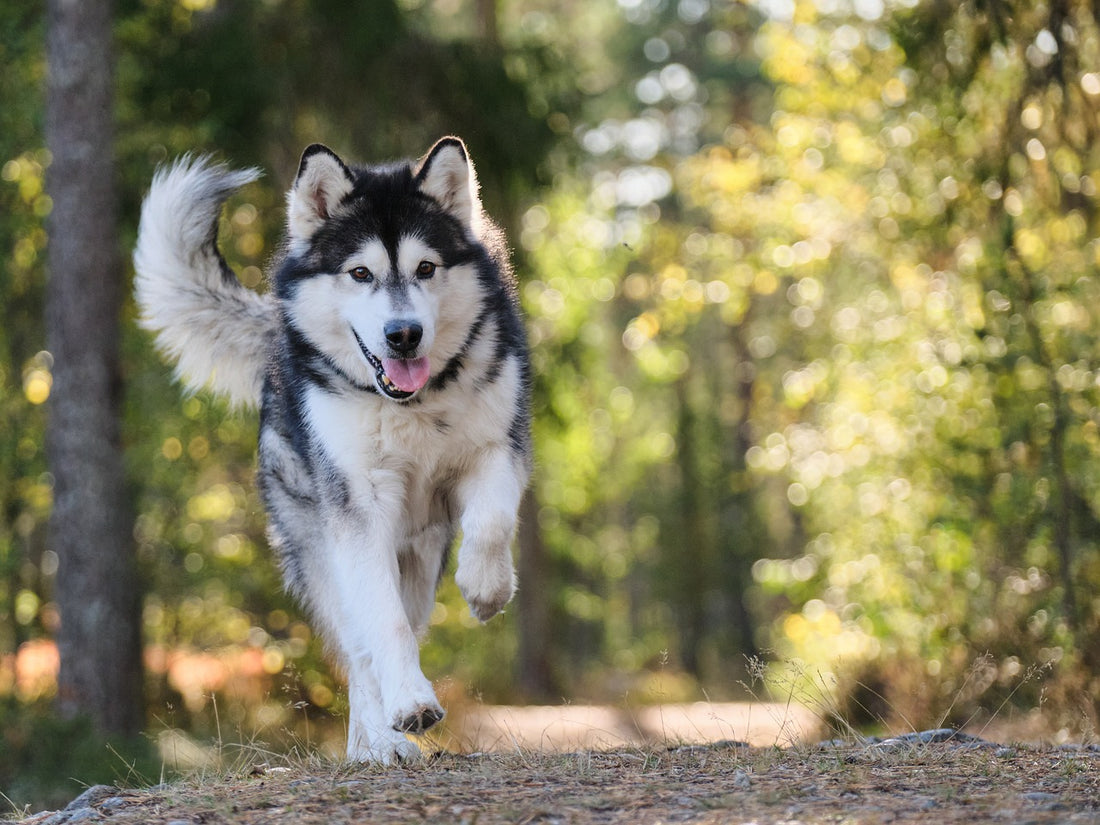Owning a dog is one of life’s great joys, but with it comes the responsibility of keeping your furry friend healthy, happy, and safe. Here’s a comprehensive guide to caring for your dog at every stage of its life.
1. Nutrition
A balanced diet is the foundation of good health for your dog. Depending on their age, size, and breed, your dog will require different types and amounts of food. Choose high-quality, nutritionally complete dog food, and always provide fresh water. Puppies, adults, and senior dogs all have different nutritional needs:
- Puppies need more protein and calories to support growth.
- Adult dogs should have a balanced diet that maintains their energy levels without leading to obesity.
- Senior dogs often benefit from food designed for joint health, lower calories, and easier digestion.
Talk to your vet to determine the right diet based on your dog's needs and adjust it as they grow.
2. Exercise
Dogs of all ages and breeds require regular physical activity to stay fit, prevent obesity, and burn off excess energy. Exercise keeps your dog’s mind stimulated and can prevent behaviour issues. Here’s how much exercise they need:
- Small breeds generally need 30-60 minutes of activity per day.
- Medium to large breeds may require up to 90 minutes or more.
- Working breeds or highly active dogs may need extensive daily physical and mental exercise.
Playing fetch, going for walks, and interactive toys are all great ways to keep your dog moving.
3. Grooming
Regular grooming keeps your dog looking and feeling their best. Brush their coat to prevent matting and shedding, especially in long-haired breeds. Here's what to focus on:
- Bathing: Only bathe your dog when necessary to avoid drying out their skin.
- Nail trimming: Overgrown nails can cause discomfort, so trim them regularly.
- Teeth brushing: Dental hygiene is often overlooked but crucial. Use dog-friendly toothpaste and try to brush your dog's teeth a few times a week.
- Ears and eyes: Keep their ears clean to avoid infections, and wipe their eyes if discharge builds up.
4. Socialisation
Proper socialisation is vital, especially for puppies. Introduce your dog to new people, environments, and other pets to build confidence and reduce anxiety or aggression later in life. For young puppies, enroll them in puppy socialisation classes to ensure they grow into well-behaved adults.
5. Routine Vet Care
Regular vet visits help prevent diseases and catch any health issues early. Vaccinations, flea and tick prevention, heartworm medication, and regular check-ups are all part of comprehensive dog care.
- Vaccinations: Make sure your dog is up to date on their core vaccines, which include rabies, parvovirus, distemper, and more.
- Parasite control: Fleas, ticks, and heartworms can cause serious problems if left untreated.
- Dental check-ups: Many dogs develop dental issues as they age, so regular vet cleanings are important.
6. Mental Stimulation
Dogs are intelligent animals and need mental challenges to stay sharp. Without it, they may develop destructive behaviours. Offer interactive toys, puzzles, and training exercises to keep their minds engaged.
7. Safe Space and Comfort
Every dog needs a space they can retreat to when they want to rest or feel overwhelmed. Create a cozy spot for your dog to relax, whether it's a dog bed, crate, or quiet room.
8. Affection and Attention
Dogs thrive on love and attention. Petting, playing, and spending quality time together builds a strong bond with your dog and contributes to their emotional well-being.
Conclusion
Taking care of a dog requires attention, patience, and love. By ensuring your dog has a nutritious diet, regular exercise, grooming, vet care, and mental stimulation, you’re giving them the best chance at a long, happy life. Every dog is unique, so be sure to tailor your care to fit their specific needs.

